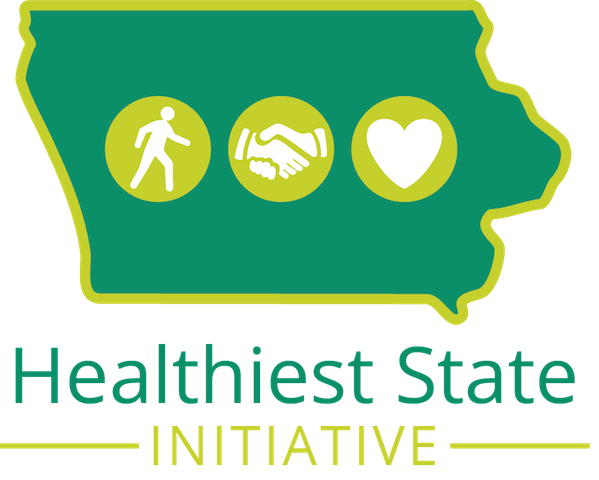Ben’s Story
Those close to Ben Rogers knew he experienced mental health challenges, but It wasn’t until Rogers realized he had an important platform that he decided to share his story.
“I used to feel a ton of shame for my mental illness and wouldn’t talk about it but then it became too important not to,” said Rogers, 40, who was diagnosed with major depressive disorder.
Rogers was first elected to the Linn County Board of Supervisors in 2008. When started working on mental health issues within the county, including creating a Mental Health Access Center, he met other people who shared their experience living with a mental illness.
“That’s when I realized I need to be more open,” said Rogers. “That’s when it became a personal mission. The stigma is real and profound but it shouldn’t be.”
Rogers’ “emotional rollercoaster” started when he was a teenager. He felt unable to enjoy things or experience happiness like his friends. He chalked it up to teen angst, but the feelings persisted through college. That’s when he decided to get help. He saw a therapist and tried several different medicines, but nothing seemed to improve his symptoms.
“That was so emotionally defeating when you already feel different and now medicine isn’t helping you. It tightens the spiral you’re in,” said Rogers.
Finally, at age 32, he found a medication that worked. Rogers encourages anyone who is struggling to find the right medication to “keep trying.”
“It was the right medicine for my brain chemistry,” said Rogers. “My life has completely changed ever since. I can’t imagine life without it.”
Rogers’ mother once told him that his mental illness was simply a chemical imbalance in his brain: “In that moment I felt less alone, less at fault. I felt an amazing weight lifted off of me.”
Rogers said he is grateful for the support network he had while managing his mental illness including health insurance through his employer, but he realizes that not everyone is as fortunate. As an elected official, Rogers is in a unique position to help advocate for improved access to mental health services within his community.
He believes businesses should provide Employee Assistance Programs for their employees and policymakers should work to reduce barriers to care. He also wishes that mental health care issues were met with more compassion and empathy by all Iowans.
“Mental illness is not something anyone chooses to live with,” said Rogers. “Try to understand it and be helpful without being dismissive of what they’re going through.”
“The stigma is real and profound but it shouldn’t be.”
Since speaking up about his diagnosis, Rogers said he has been embraced by his community. He hopes that by using his platform to amplify his personal story, he can make it ok for others to do the same.
“I often times felt alone but I didn’t get where I am today alone,” said Rogers. “When I really opened up about my story and challenges, I now had an entire community support me and give me a real sense of purpose – all from just opening up."



